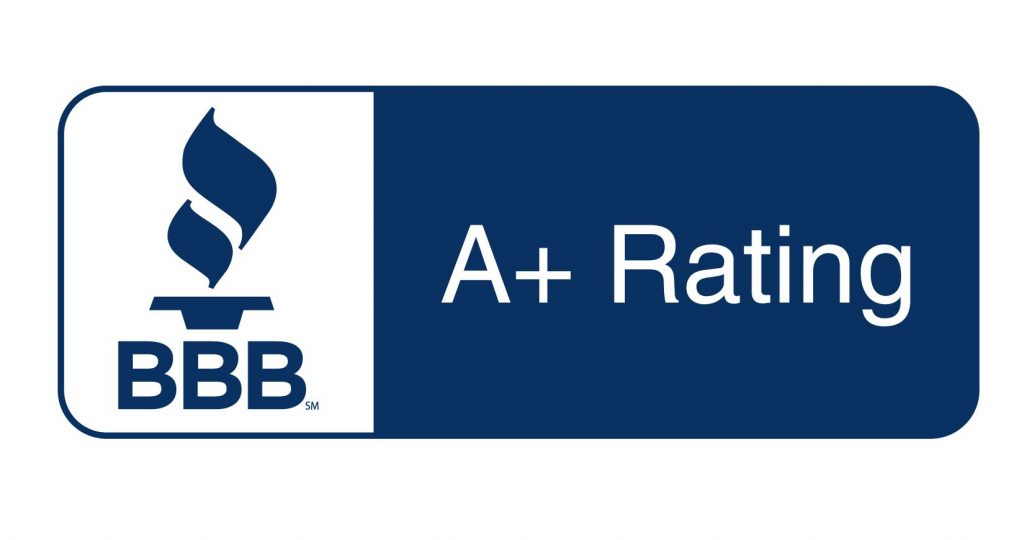Enroll in Medicare – It’s a common misconception that you have to enroll in Medicare as soon as you turn 65. Many people worry they’ll be penalized if they don’t enroll right away. While that can be true, there are no rules that say you have to enroll in Medicare right away.
Before deciding to move to Medicare, you should compare it to other options available to you and find out if you can delay enrollment with no penalties. We’ll cover both of those topics today.
Why You May Want to Delay Medicare
As a whole, our society continues to work long into our golden years. It’s not uncommon for people to work well past the age of 65 and even into their 70s. If you (or your spouse) work for a company that enjoys a robust health insurance plan and that employer is contributing to all or some of your monthly premiums, you might want to consider staying on that plan instead of enrolling in Medicare.
In order to make that decision, you’ll want to compare your coverage options. Take a look at your current summary of benefits and compare that to having Medicare with either a Medicare Supplement plan or a Medicare Advantage plan. Which one offers the best coverage for you?
Next, compare premiums. Find out what your portion of the employer-sponsored plan is, and then compare it to what you’d pay if you moved to Medicare. Depending on which Medicare option you choose, an example of premiums to consider include:
Option 1
- Part B premium (including IRMAA if applicable)
- Medicare Supplement plan
- Part D premium
- Dental/Vision/Hearing Insurance
Option 2
- Part B premium (including IRMAA if applicable)
- Medicare Advantage plan
- Hospital indemnity plan
These are just an example of some premiums to consider, and talking to an independent insurance agent will give you a more clear picture of what those costs actually are.
Another option to consider is to enroll in only Medicare Part A and continue on your group health plan. The reason many people choose to do this is that for most beneficiaries, Part A is premium-free. You won’t pay anything, and you’ll have extra coverage for any inpatient hospital stays. The only thing to be aware of is that you cannot contribute to an HSA (Health Savings Account) if you are enrolled in any part of Medicare. If you do, you’ll pay tax penalties at the end of the year.

How to Postpone Medicare Enrollment
If you’re considering delaying your Medicare enrollment, the very first thing you need to do is to find out if your current insurance plan is creditable. “Creditable” insurance plans offer at least as much coverage as Medicare Parts A and B. You’ll need to know the answer to this question for Part B and Part D.
If the company you work for employs at least 20 employees, you have creditable coverage. However, even if that’s the case, you should contact your HR director, benefits manager, or the carrier itself to confirm the plan is creditable for Medicare. Part B and Part D have different rules as to what constitutes creditable coverage, so it’s best to be sure.
Your prescription coverage is creditable if:
- It pays a minimum of 60% of the cost;
- It covers brand-name and generic medications;
- It offers coverage at a variety of pharmacies; and
- It has no annual limit, or it has a low deductible
Some people don’t have to do anything to delay their Medicare enrollment. Others need to take a more active approach. If you have been receiving Social Security benefits for four or more months prior to your 65th birthday month, you will be automatically enrolled in both Part A and Part B. To opt out of one or both parts, simply return the form that arrived with your Medicare ID card.
You don’t have to make these decisions alone. The advisors at Carolina Senior Benefits are here for you. Let us get to know you and your unique situation, and we can help you decide which option is most beneficial.





